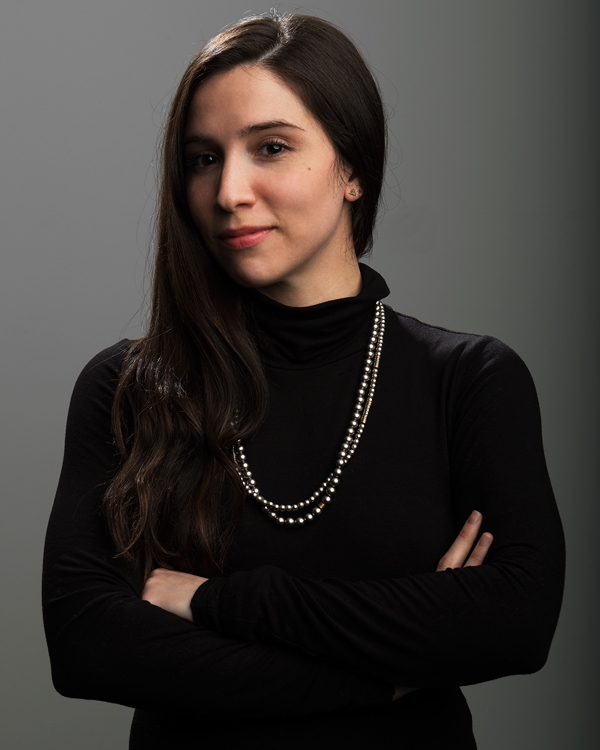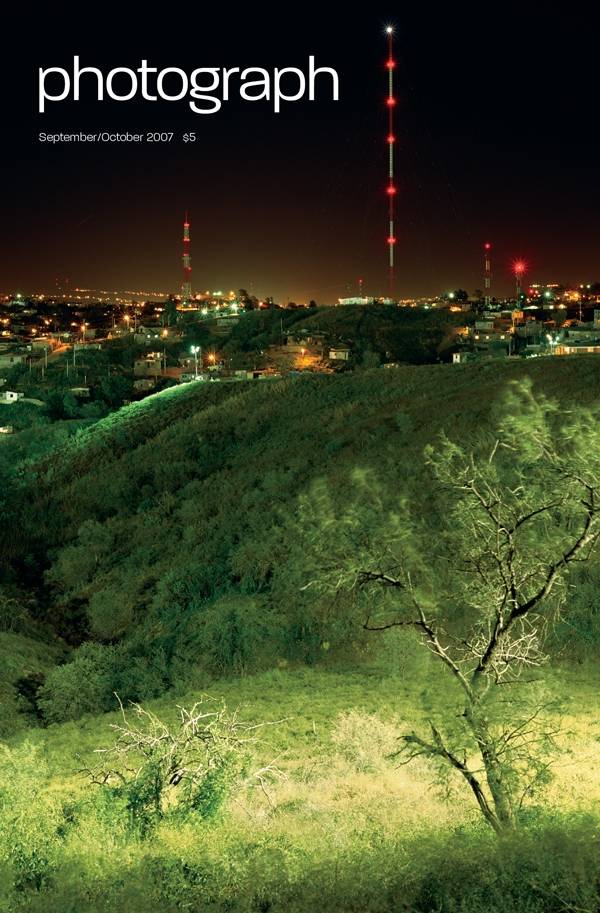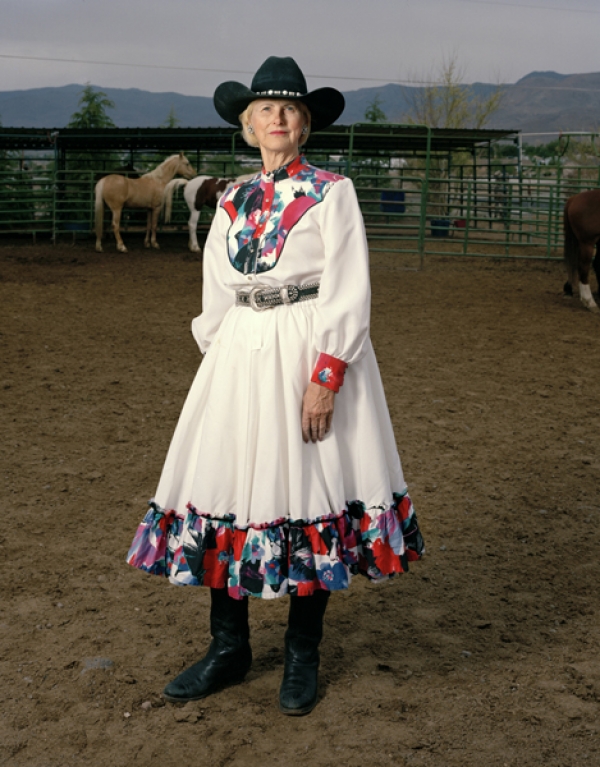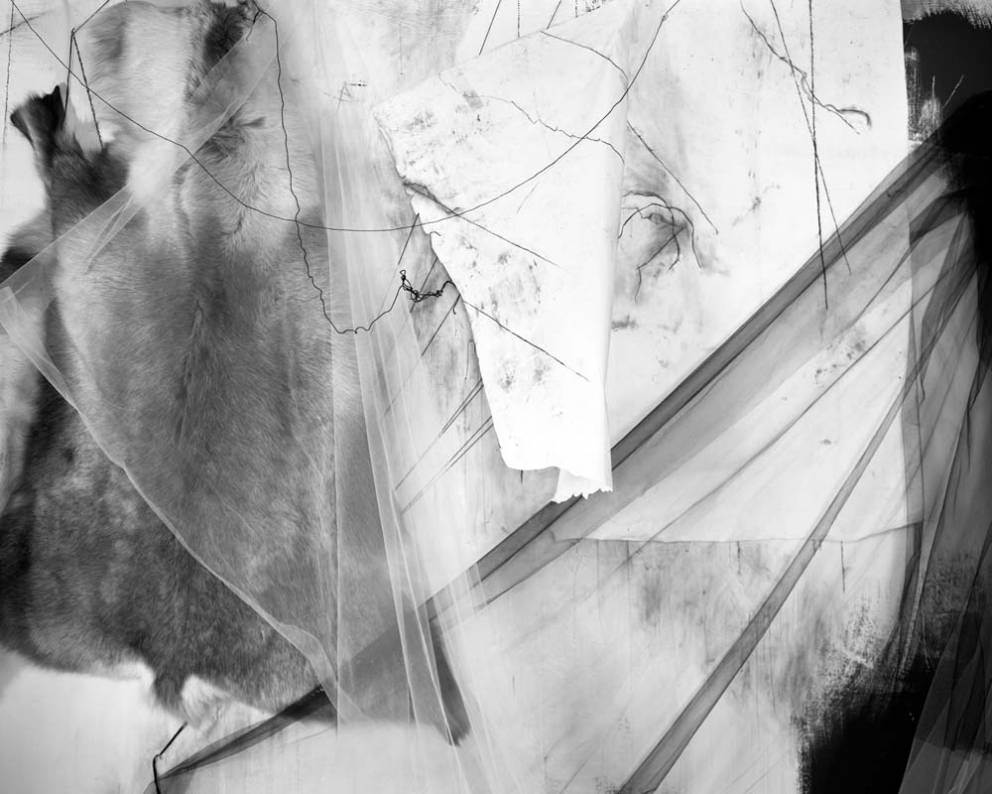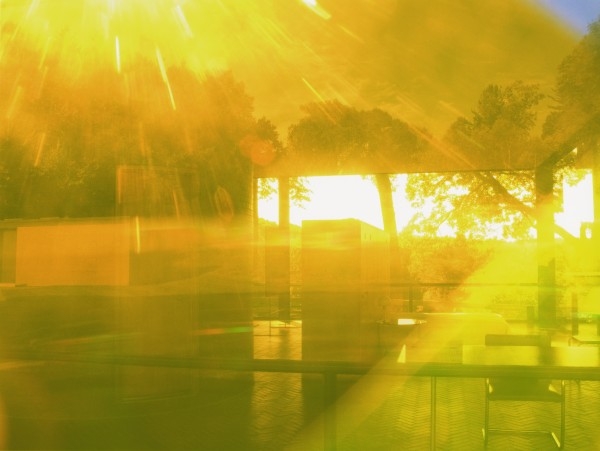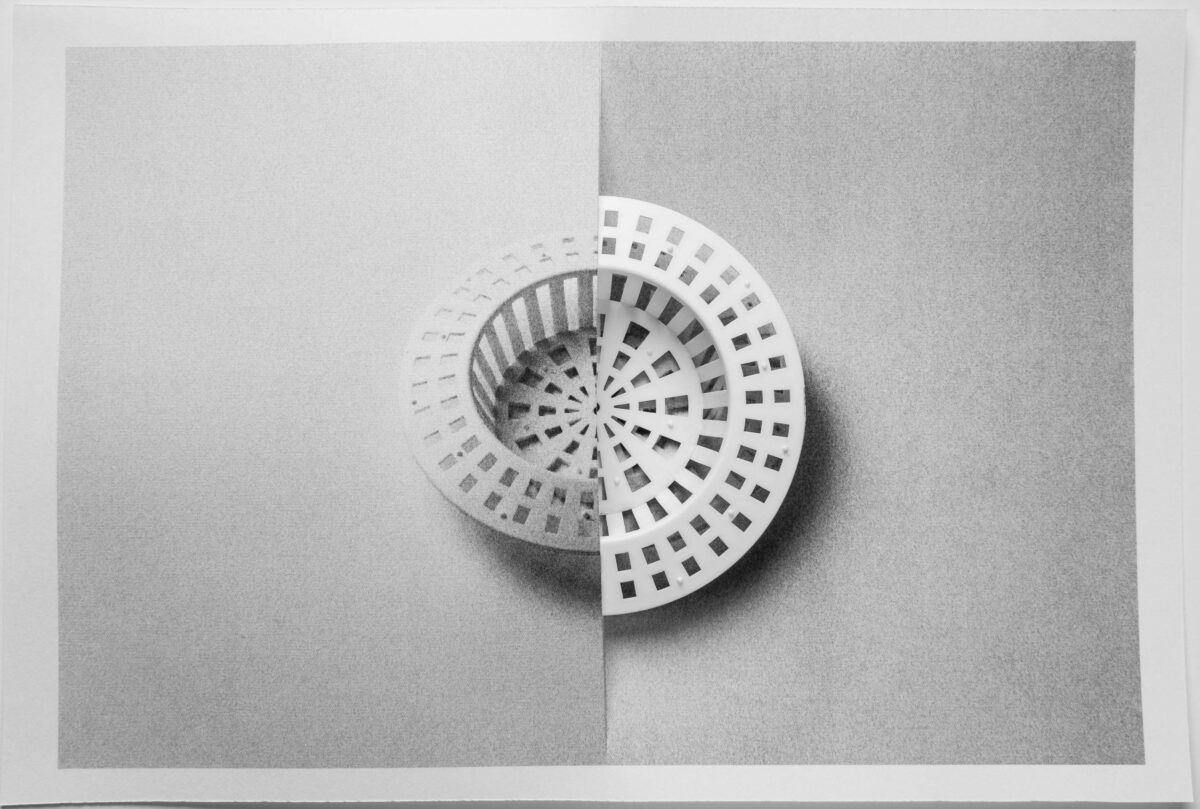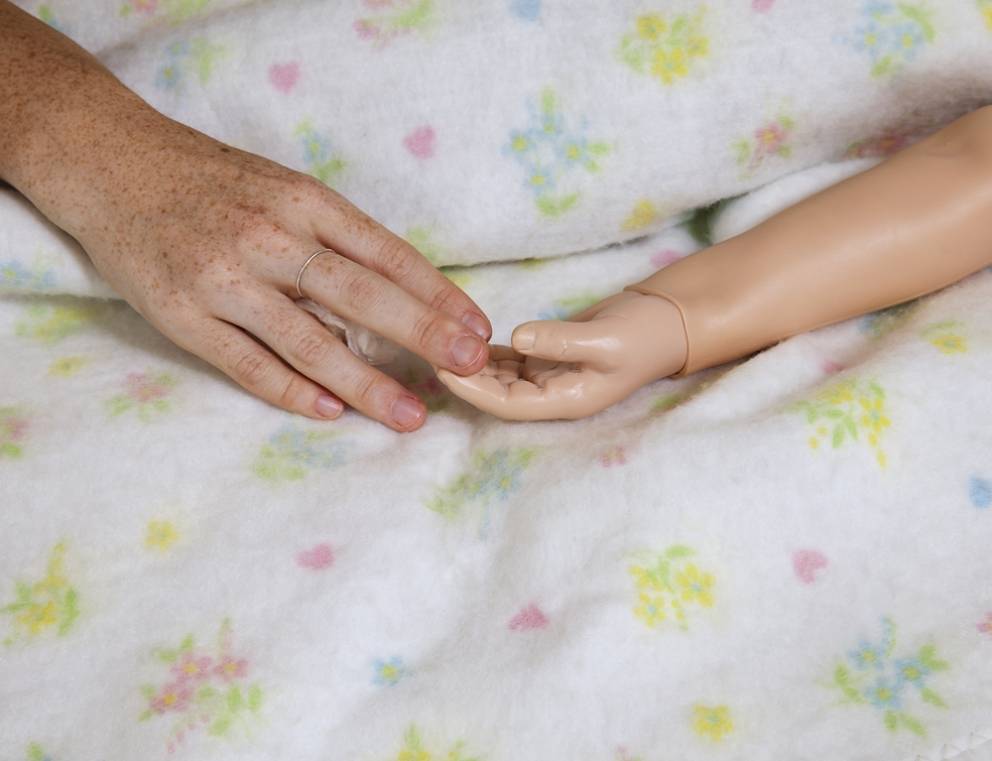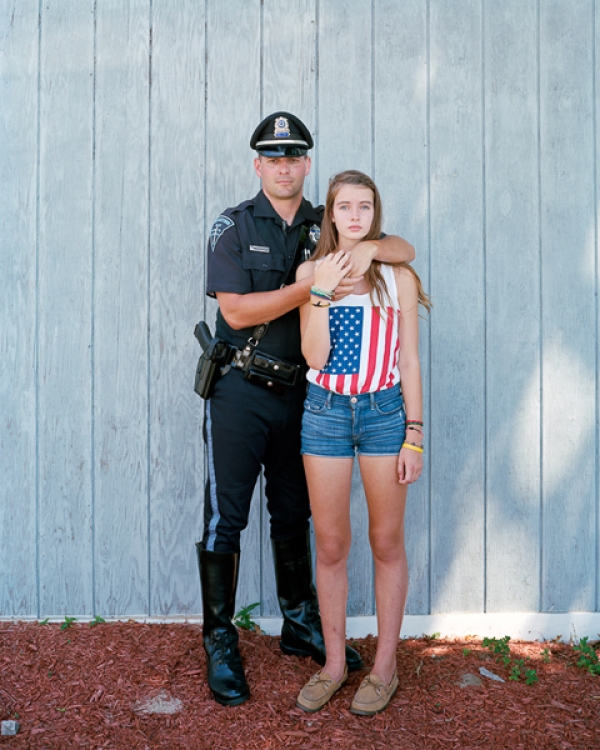What is success? The answer depends on how you gauge it. Bonni Benrubi has been one of the most successful female dealers in the male-dominated field of photography for over three decades now. But does she judge success based on such criteria as gender, or financial balance sheets, or prestige? The daughter of a middle-class Jewish family from the Bronx who was encouraged from an early age to think and do for herself, Benrubi, at this point in her career, seems to have internalized the notion of success and made it her own. “It’s not a walk in the park, ‘having it all,’ a la Betty Friedan,” says the straight-talking 57-year-old dealer from her office perched 13 floors above Manhattan’s bustling 57th Street. “I’ve worked really, really hard, and yes, if you look around you will see that my family and I have the trappings of a very good life, but I don’t take it for granted. I don’t come from privilege. I’ve worked, like, 70 hours a week, and my staff follows my lead, and I feel very proud of that.” She adds, “This place is like the Energizer Bunny: It runs.”
Benrubi’s childhood was spent largely in Fort Lee, New Jersey, where she moved from the Bronx with her father, a garment center coat-manufacturer, her homemaker mother, and her younger brother. The family wasn’t especially interested in art; instead, sports dominated the family’s two TVs and—along with regular visits to games, concerts and the occasional museum trip—the family’s interests. That said, by the age of 16, Benrubi who’d read S. N. Behrman’s biography of legendary European dealer Joseph Duveen (subtitled “The Most Spectacular Art Dealer of All Time”), already knew that she wanted to be a dealer herself. “The idea of art and commerce—that you can own a piece of history—was fascinating to me,” she says.
Benrubi attended Boston University and took extra art history courses at both Harvard and the Boston Museum School, studying closely with luminaries of every stripe along the way: Philip Guston, Carl Chiarenza (her advisor), and Howard Zinn, among others. Irving Blum became her mentor when she went to work for him at the Blum Helman Gallery in 1976; a year later, the 24-year-old Benrubi went to work for the Daniel Wolf Gallery and stayed for ten years. She established strong friendships and business relationships with the likes of Garry Winogrand, Eliot Porter, and Sam Wagstaff. When the Daniel Wolf Gallery closed in 1987, Benrubi, now seasoned, felt ready to set out on her own. She started out as a private dealer in the back of her husband’s office, handling contemporary photographers like Tod Papageorge and Frank Gohlke, as well as her favorite mid-century material: Robert Frank, Walker Evans, Dorothea Lange, and Andreas Feininger. She made the move to public dealer in 1993 on East 76th Street, and then in 2004 to her current space in the Fuller Building. As her stable grew, she established herself as having one of the best “eyes” for talent—male or female. Abelardo Morell, who started out with the dealer as a mostly undiscovered photo teacher at the Massachusetts College of Art and Design and is still a Benrubi stable stalwart, calls the dealer daily, and Benrubi (long known as an artist-centered dealer) thinks of him as a peer. “Abe made his career, not me. I think it was a true collaboration. But I could say that of any of my artists,” says Benrubi, adding, “I represent photographers who represent people with dignity. The human condition—that’s what my sensibility leads up to.”

